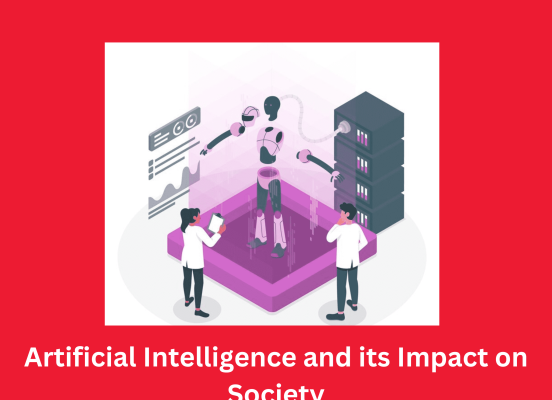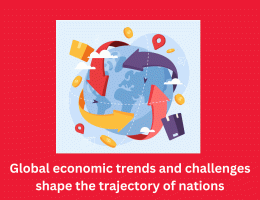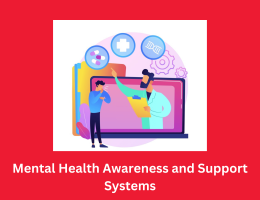
Artificial Intelligence and its Impact on Society
- By admin --
- Friday, 08 Mar, 2024
Artificial intelligence (AI) has emerged as one of the most transformative technologies of the 21st century, revolutionizing industries, reshaping economies, and redefining the way we live, work, and interact. From intelligent virtual assistants and autonomous vehicles to predictive analytics and personalized medicine, AI applications are proliferating rapidly, offering unprecedented opportunities for innovation and advancement. However, alongside its promise, AI also presents profound challenges and ethical dilemmas that warrant careful consideration and proactive engagement from policymakers, researchers, and society at large.
At its core, AI refers to the simulation of human intelligence in machines, enabling them to perform tasks that typically require human cognitive abilities, such as learning, reasoning, problem-solving, and perception. Machine learning, a subset of AI, allows systems to improve their performance over time through experience and data analysis, while deep learning, inspired by the structure and function of the human brain, has enabled remarkable breakthroughs in areas such as image recognition and natural language processing.
The impact of AI on society is multifaceted and far-reaching, spanning economic, social, ethical, and cultural dimensions. In the realm of economics, AI has the potential to drive productivity gains, streamline operations, and create new opportunities for innovation and entrepreneurship. By automating routine tasks and augmenting human capabilities, AI technologies can enhance efficiency, reduce costs, and catalyze economic growth. However, concerns have been raised about the displacement of jobs and widening income inequality as AI-enabled automation reshapes the labor market and exacerbates skill disparities.
Moreover, the ethical implications of AI raise complex and contentious issues regarding privacy, security, accountability, and fairness. The proliferation of AI-powered surveillance systems, facial recognition technology, and predictive algorithms has raised concerns about the erosion of privacy rights and the potential for discriminatory outcomes. Bias and opacity in AI algorithms can perpetuate existing inequalities and reinforce systemic biases, leading to unjust outcomes in areas such as criminal justice, hiring, and access to essential services.
Furthermore, the advent of autonomous AI systems raises profound questions about moral responsibility and liability in cases of unintended harm or errors. As AI systems become increasingly autonomous and opaque, it becomes challenging to attribute accountability and ensure that decisions align with ethical principles and societal values. Robust frameworks for AI governance, transparency, and accountability are essential to mitigate risks and foster trust in AI technologies.
In addition to ethical considerations, AI also poses significant challenges in terms of cybersecurity and geopolitical competition. The proliferation of AI-powered cyber-attacks, disinformation campaigns, and autonomous weapons systems has raised concerns about the potential for destabilizing cyber-conflicts and arms races. International cooperation and norms-setting efforts are critical to address these challenges and mitigate the risks of AI-enabled threats to global security and stability.
Despite these challenges, AI also holds immense promise for addressing some of society's most pressing challenges, from healthcare and education to climate change and disaster response. AI-driven innovations in healthcare, such as predictive analytics, personalized medicine, and medical imaging, have the potential to revolutionize diagnosis, treatment, and disease prevention, improving patient outcomes and reducing healthcare costs. In education, AI-powered adaptive learning platforms and intelligent tutoring systems can enhance personalized learning experiences, cater to diverse learning styles, and narrow achievement gaps.
Besides, when it comes to advancing sustainability and mitigating environmental challenges including optimal energy utilization and appropriate resource distribution among others, artificial intelligence (AI) systems are very essential. z They are also essential in tracking bio-diversity and addressing natural calamities among others. When these technologies are applied in environmental conservation and green growth they help in ensuring that our policies are driven by information sifting through large amounts of data as well as forecasting future events through computer programming.”
To sum it up, artificial intelligence (AI) offers a lot of chance for innovation and upgrading at the same time it presents numerous risks and challenges at all. In order to safely traverse this kind of territory one needs a strategy that balances ethics with commercial growth through branding initiatives which further embed accountability into the company working system hence allow proliferation of partners talk.





